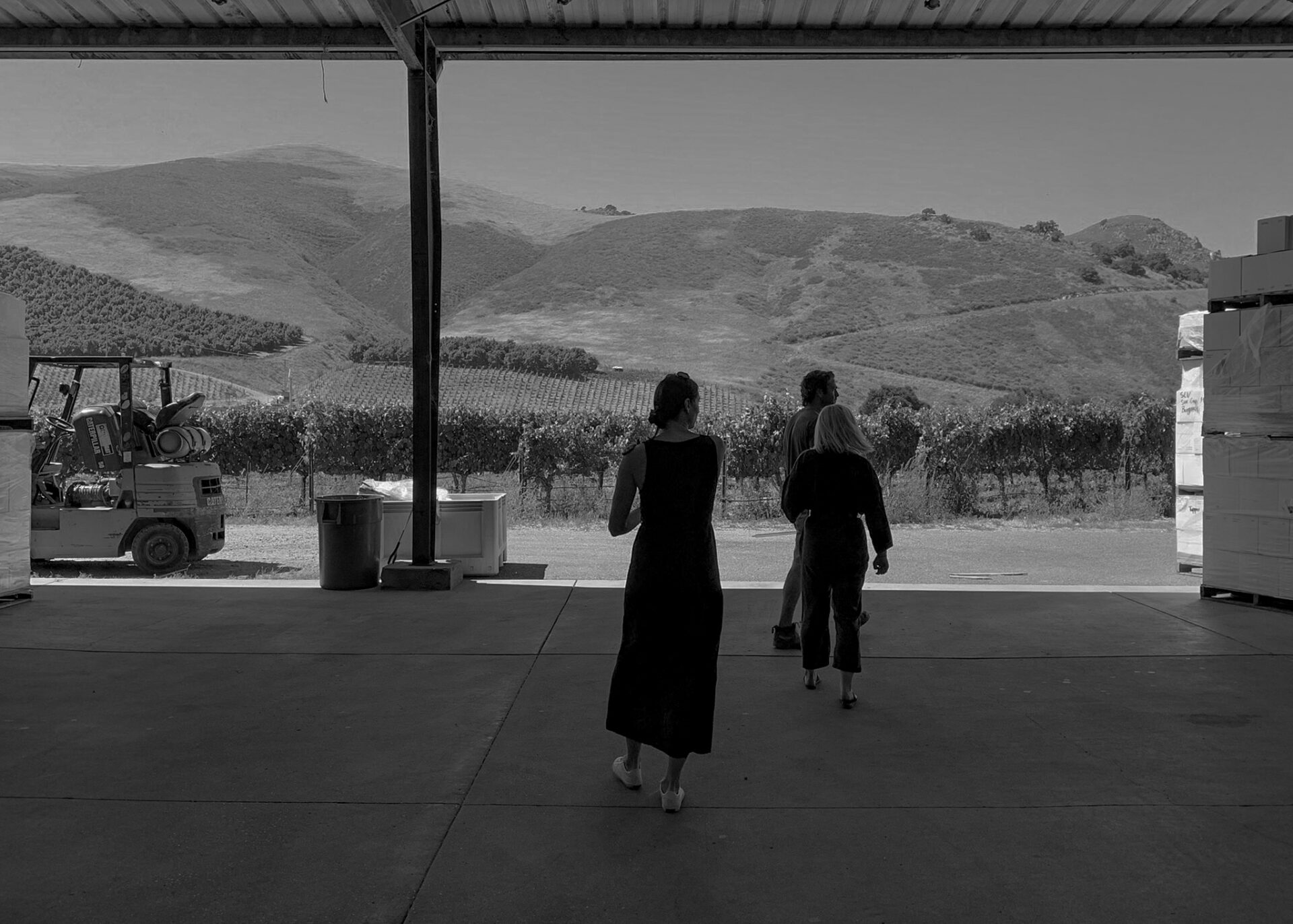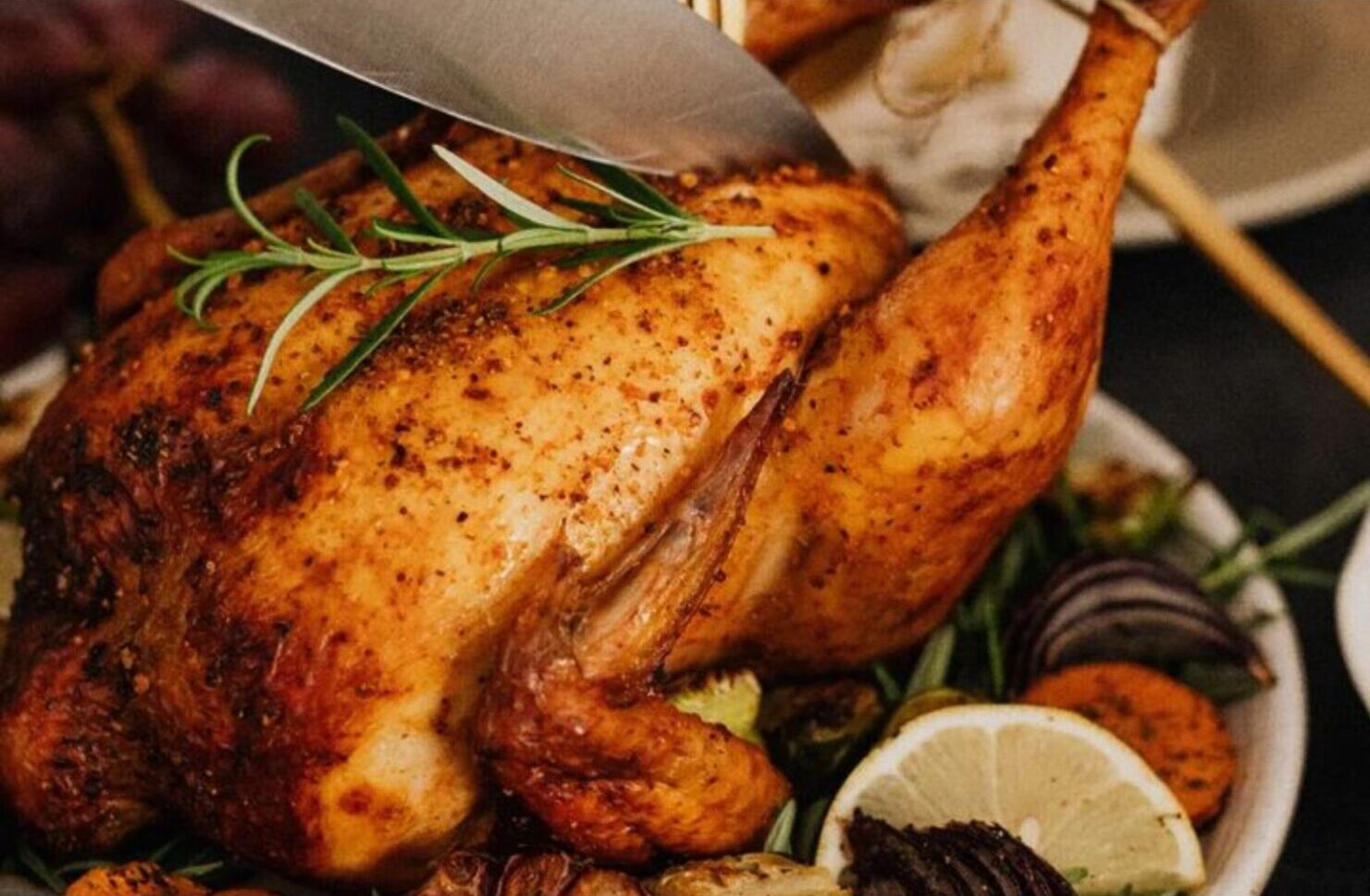Is it good?
When it comes to our sourcing process, there is no need to overcomplicate things. Is the wine good or is the wine bad? When I say that I mean, does the wine taste like the grape varietal that has been grown in the region stated on the label? Or does it taste like a bad identity crisis followed by a whole lot of overcompensation?
It’s about respecting the craft and the winemakers ability to foster the process and create a wine that is a true representation of the grape and more importantly how that grape expresses itself in its unique environment.
Pedro Araujo, Portugal’s Peter Pan and the winemaker of the Vinho Verde in this box has been farming organically for the last few years and says, “I’m not a fundamentalist: I just wanted to get better grapes.” I kind of love that. Even taking environmental and ethical reasons out of the equation, biodynamic and organic farming simply produces better grapes and as a result, better wine.
This goes hand in hand with small production and minimal intervention winemaking. Grapes need to be nurtured and cared for and small production winemakers can remain vigilant over their grapes from vine to bottle in a way that commercial wineries can not. And from a human level, the winemakers we work with are passionate about their craft, driven by quality and authenticity. They are not adding the 75+ FDA approved additives to their wines to make up for bad, overproduced grapes to try and meet a production number. They are producing wine they are proud to serve at a dinner table with their closest family and friends.
“If a wine’s genius shows itself in the vine’s ability to express the minerality and aromas of a grape and of a terroir, it’s the winemaker who gives it a soul that reflects its ambiance and harmony” – Bernard Bohn
Ernst Storm of Storm Wines in Santa Barbara County hand-sorting grapes to ensure only the highest quality grapes are selected for his wines.
It’s all about the Quality: Authenticity of people, place, grape and flavor.
Authenticity of People: Family-owned, authentic artisans that put hard work into their craft and produce something they are proud to serve at their own dinner table to their closest family and friends.
Authenticity of Place: Farming responsibly (i.e. organic and/or biodynamic) and respecting the biodiversity of the land creates better grapes that are true representations and expressions of themselves in their unique environment.
Authenticity of Grape: Small production. We define that as under 15,000 cases annually. Grapes need to be nurtured and cared for and small production winemakers can remain vigilant over their grapes from vine to bottle in a way that commercial wineries can not.
Authenticity of Flavor: Minimal intervention winemaking; no additives, fake flavors, dyes, powdered tannins, ect. Learn more about sustainability and how we source our wines by purchasing Prix Fixe Vol. 7





